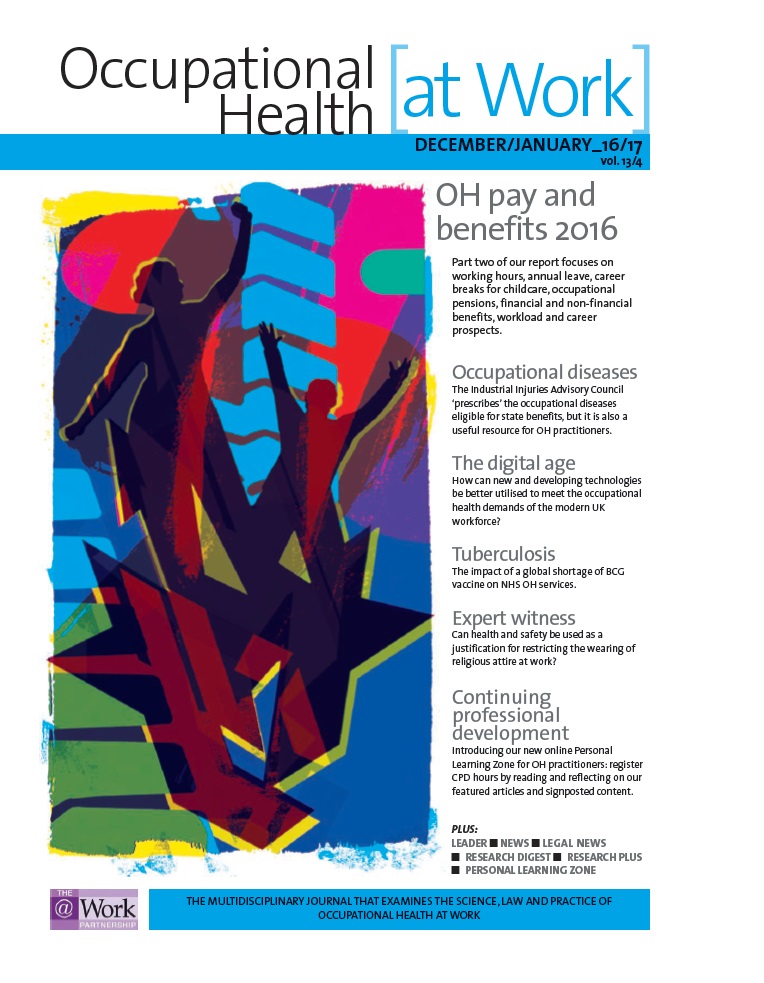December/January 2016/2017 (vol. 13/4)
ContentsFeaturesNewsLegal
NewsResearch DigestResearch PlusCPD
Research Plus
Pilot fatigue study
Poor work–life balance, older age and being an evening chronotype are among the factors that predict fatigue among commercial airline pilots. Just under one-third (29.5%) of the 502 pilots completing the study were assessed as being fatigued on the Checklist Individual Strength questionnaire. Greater fatigue was significantly associated with: being aged 31–40 years (odds ratio (OR) = 3.36; 95% confidence interval (CI) 1.32–8.53) or aged 41–50 (OR = 4.19; CI 1.40–12.47) compared with those aged 21–30; being an evening rather than morning chronotype (OR = 2.40; CI 1.38–4.16); work–life balance disturbance (OR = 1.22; CI 1.10–1.36); higher ‘need for recovery’ (OR = 1.02; CI 1.01–1.04); and moderate alcohol consumption (OR = 3.88; CI 1.21–12.43). There was no association with gender, job title or haul type (ie long versus short haul). Lower fatigue levels were associated with higher general health perception (OR = 0.31; CI 0.20–0.47) and moderate physical activity (OR = 0.77; CI 0.66–0.89).
Occupational Health at Work December/January 2016/2017 (vol. 13/4) pp40



